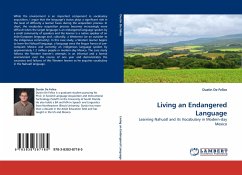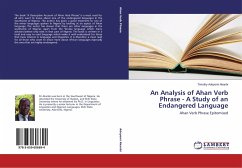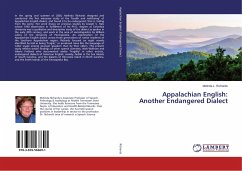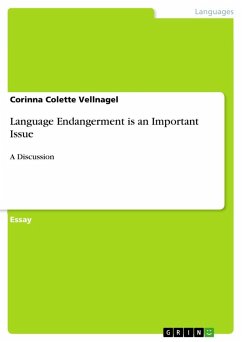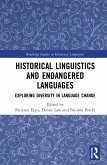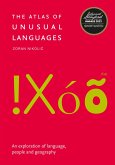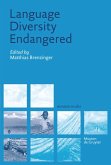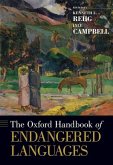While the environment is an important component in vocabulary acquisition, I argue that the language's status plays a significant role in the level of difficulty a learner faces during the acquisition process. In short, the vocabulary acquisition process becomes increasingly more difficult when the target language is an endangered language spoken by a small community of speakers and the learner is a native speaker of an Indo-European language and, culturally, a Westerner (or an outsider to the indigenous community). In this case study, a Western learner begins to learn the Nahuatl language, a language once the lingua franca of pre-conquest Mexico and currently an indigenous language spoken by approximately 1.2 million people in modern-day Mexico. The case study follows the Western learner's attempts in an informal and a formal environment over the course of one year and demonstrates the successes and failures of this Western learner as he acquires vocabulary in the Nahuatl language.
Bitte wählen Sie Ihr Anliegen aus.
Rechnungen
Retourenschein anfordern
Bestellstatus
Storno

